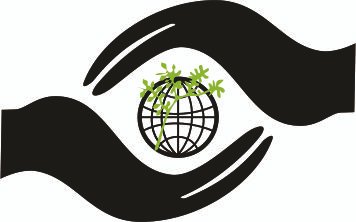
Child Rights Protection
While overall there has been some attempt to protect children’s rights through selective policies and laws due to continuous pressure from civil society organisations including HRF there are still several challenges to be able to enforce the Constitutional Rights of children, the UNCRC and numerous welfare legislation for the protection of child rights. The Government of India has enacted the Right of Children to Free and Compulsory Education Act 2009. However, even this Act is inadequate because it gives the rights of free and compulsory education to children of only 6-14 years and denies the right of children 15 – 18 yrs and also early childhood care. Even though it is a partial victory to our work, we are in the process to monitor the enforcement of this Act and evolve child-friendly rules in Tamil Nadu. The state continues to give children, least priority in terms of budgets and framing a comprehensive national policy for children which could then influence bringing about very useful amendments to various laws governing children. Hence we have to continuously advocate with the Government to give a first call to children that all decisions at the administrative, executive and judicial levels must be in the best interests of the children.
Sexual abuse in schools, hostels, homes, and neighborhood continues with the state enforcement wing, prosecution, and judiciary not taking sufficient action. Child labour and bonded labour despite some achievement of success continue and unabated both in Tamil Nadu and at the National level. Torture and abuse of children including corporal punishment in schools, declining sex ratio and denial of the basic right to life, survival and decent livelihood including free, compulsory, equitable, quality education, highest standards of health care and nutrition, protecting rights of children with disabilities and enforcing human rights standards in juvenile homes, safe and permanent housing, food security are some of the rights yet to be fulfilled. This situation of children can be changed by networking and campaigning with parents, teachers, media, political parties and elected representatives, administrators, organisations of Dalits, women and workers, NGOs, etc. It is only this unity that can make the state act in more holistically for the promotion and protection of children’s rights.
The UNCRC which India ratified in 1992 and for which a nationwide social audit is being done in which (HRF is a member) protects several rights of children. Our position is that the Indian Constitution has a bundle of rights that protects children including Article 24,14, 21, 21A, 19, 23 of the Fundamental Rights Chapter read together with Article 38(2), 39 (e) and (f), 43, 45, 46, 47 of the chapter on Directive Principles. The state in India both at the national level and regional level has failed in a major way to enforce these rights.
The process of globalisation has worsened the conditions of millions of children and their families and increased the number of children being pushed out of schools and entering the labour market at very early ages. This is especially so in the age group of 15 to 18 years. Recently the union cabinet approved The Child labour (Prohibition and Regulation) Amendment Bill 2015 violates articles 1 & 32 of the UNCRC. This Amendment bill defines a child as a person who has not completed his 14 years of age. It goes on to further violate the definition of a child between 15 to 18 years as an Adolescent. Several policy decisions by the Union and State Governments have led to increasing poverty and unemployment, loss of homelands, and worsening food security.
